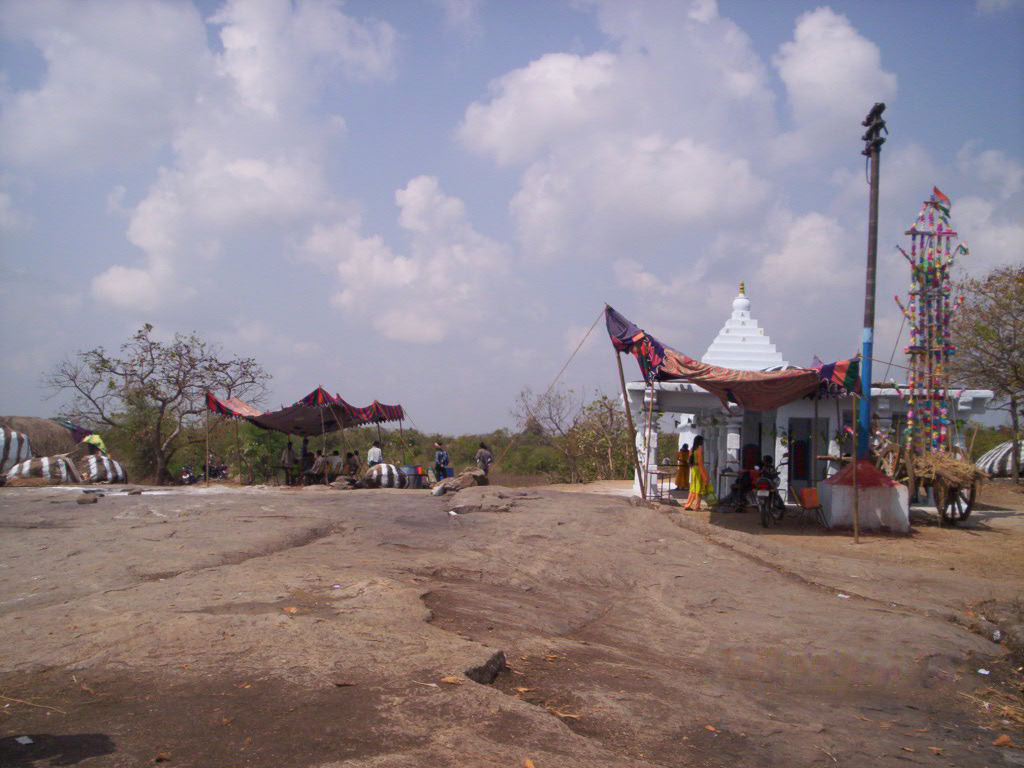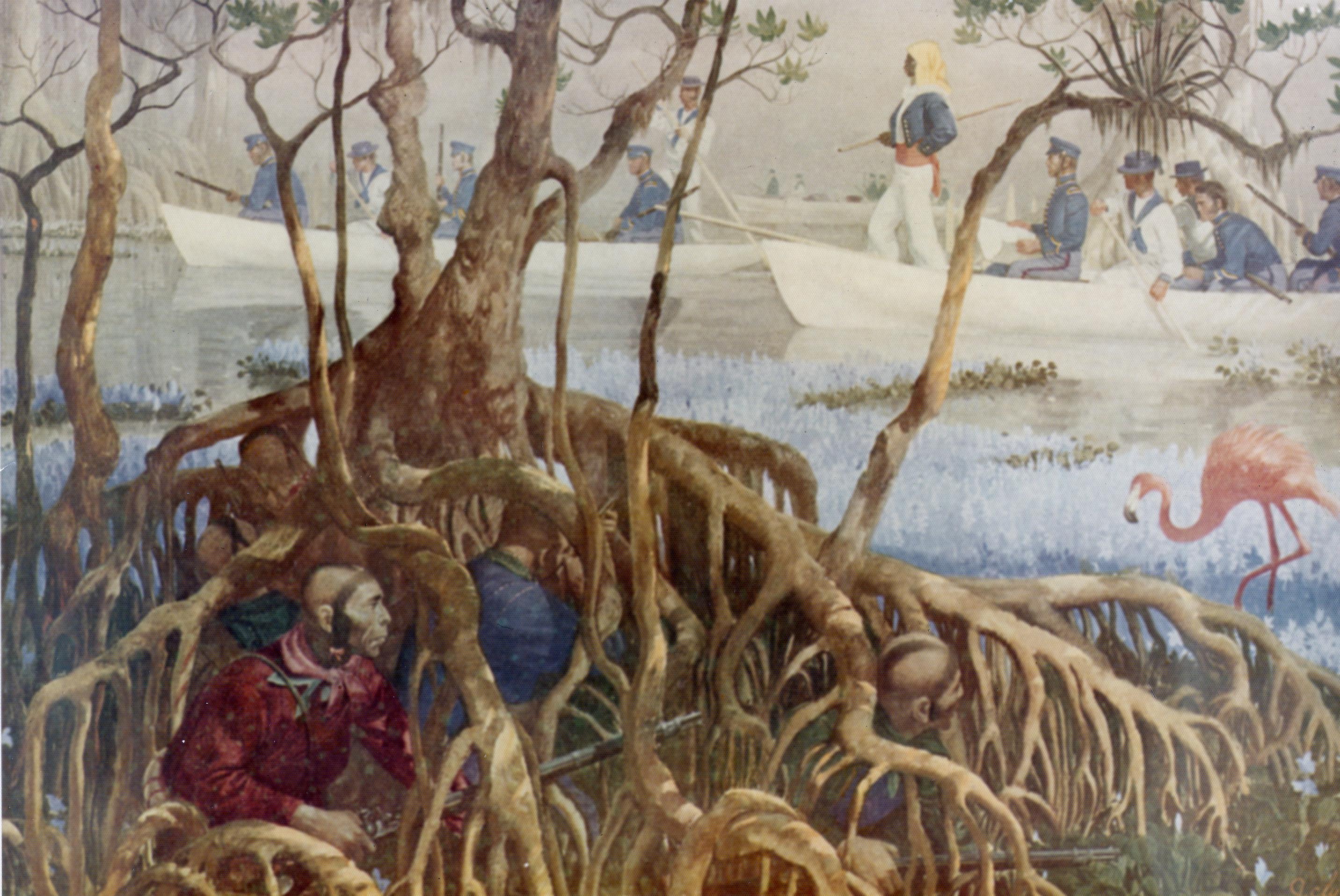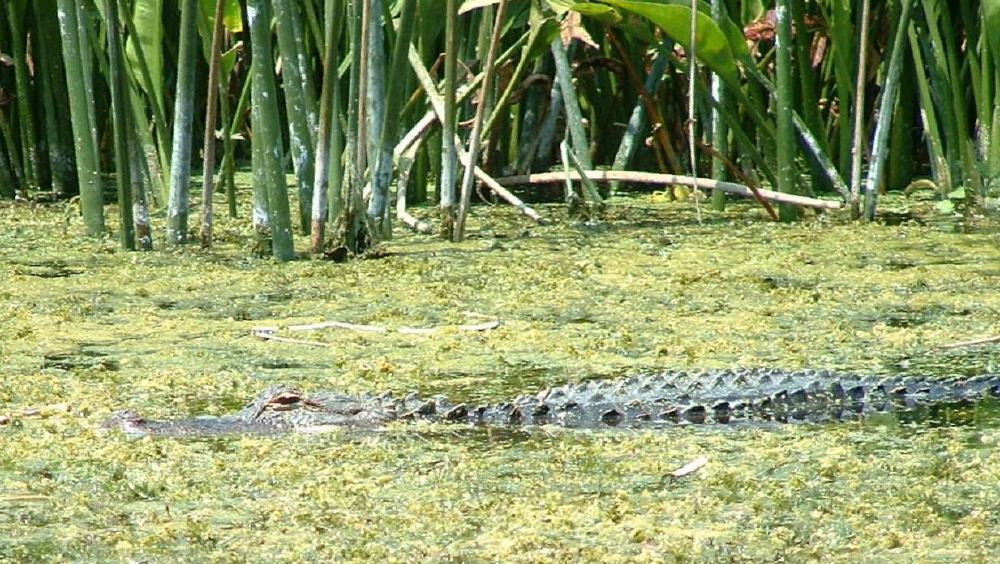|
Fort Stansbury
Fort Stansbury was a frontier outpost created during the Seminole War (1835—1842), and also used during the Civil War. The fort was located in current Wakulla County, Florida, in between Tallahassee and Wakulla Springs. It was headquarters for the U.S. 3rd Infantry Regiment. Its construction would have been typical of other forts built at the time, utilizing blockhouse A blockhouse is a small fortification, usually consisting of one or more rooms with loopholes, allowing its defenders to fire in various directions. It is usually an isolated fort in the form of a single building, serving as a defensive stro ...s and made from split pine trees. According to a contemporary account, of the 600 man garrison, a third became sick due to fever, dysentery, and other illness. The fort was occupied from, at the latest, September 1840, and abandoned by around April 1843. It was under the command of Lt. Colonel Ethan Allen Hitchcock from October 1842 until January 13, 1843. Despit ... [...More Info...] [...Related Items...] OR: [Wikipedia] [Google] [Baidu] |
Frontier
A frontier is the political and geographical area near or beyond a boundary. A frontier can also be referred to as a "front". The term came from French in the 15th century, with the meaning "borderland"—the region of a country that fronts on another country (see also marches). Unlike a border—a rigid and clear-cut form of state boundary—in the most general sense a frontier can be fuzzy or diffuse. For example, the frontier between the Eastern United States and the Old West in the 1800s was an area where European American settlements gradually thinned out and gave way to Native American settlements or uninhabited land. The frontier was not always a single continuous area, as California and various large cities were populated before the land that connected those to the East. Frontiers and borders also imply different geopolitical strategies. In Ancient Rome, the Roman Republic experienced a period of active expansion and creating new frontiers. From the reign of Augustus ... [...More Info...] [...Related Items...] OR: [Wikipedia] [Google] [Baidu] |
Outpost (military)
A military outpost is detachment of troops stationed at a distance from the main force or formation, usually at a station in a remote or sparsely populated location, positioned to stand guard against unauthorized intrusions and surprise attacks; and the station occupied by such troops, usually a small military base or settlement in an outlying frontier, limit, political boundary or in another country. Outposts can also be called miniature military bases based on size and number of troops it houses. Dictionary meaning: Outpost TheFreeDictionary; An online Dictionary and Thesaurus Recent military use Military outposts, most recently referred to as combat outposts (COPs), served as a cornerstone of counterinsurgency doctrine in Iraq and Afghanistan. These permanent or semi-permanent ...[...More Info...] [...Related Items...] OR: [Wikipedia] [Google] [Baidu] |
Seminole War
The Seminole Wars (also known as the Florida Wars) were three related military conflicts in Florida between the United States and the Seminole, citizens of a Native American nation which formed in the region during the early 1700s. Hostilities commenced about 1816 and continued through 1858, with two periods of uneasy truce between active conflict. The Seminole Wars were the longest and most expensive, in both human and financial cost to the United States, of the American Indian Wars. Overview First Seminole War The First Seminole War (1817-1818)-"Beginning in the 1730's, the Spaniards had given refuge to runaway slaves from the Carolinas, but as late as 1774 Negroes idnot appear to have been living among the Florida Indians." After that latter date more runaway slaves began arriving from American plantations, especially congregating around "Negro Fort on the Apalachicola River." Free or runaways, "the Negroes among the Seminoles constituted a threat to the institution of s ... [...More Info...] [...Related Items...] OR: [Wikipedia] [Google] [Baidu] |
American Civil War
The American Civil War (April 12, 1861 – May 26, 1865; also known by other names) was a civil war in the United States. It was fought between the Union ("the North") and the Confederacy ("the South"), the latter formed by states that had seceded. The central cause of the war was the dispute over whether slavery would be permitted to expand into the western territories, leading to more slave states, or be prevented from doing so, which was widely believed would place slavery on a course of ultimate extinction. Decades of political controversy over slavery were brought to a head by the victory in the 1860 U.S. presidential election of Abraham Lincoln, who opposed slavery's expansion into the west. An initial seven southern slave states responded to Lincoln's victory by seceding from the United States and, in 1861, forming the Confederacy. The Confederacy seized U.S. forts and other federal assets within their borders. Led by Confederate President Jefferson Davis, ... [...More Info...] [...Related Items...] OR: [Wikipedia] [Google] [Baidu] |
Wakulla County, Florida
Wakulla County is a county located in the Big Bend region in the northern portion of the U.S. state of Florida. As of the 2020 census, the population was 33,764. Its county seat is Crawfordville. Wakulla County is part of the Tallahassee, FL Metropolitan Statistical Area. Wakulla County has a near-absence of any municipal population, with two small municipalities holding about 3% of the population. The county seat, Crawfordville, is one of only two unincorporated county seats among Florida's 67 counties. History First Spanish period In 1528, Pánfilo de Narváez found his way to what would be Wakulla County from the future Pinellas County, Florida, camping at the confluence of the Wakulla and St. Marks rivers. Narváez determined this was a very suitable spot for a fort. In 1539, Hernando de Soto's expedition passed through ''La Florida'' with a similar route. The Fort San Marcos de Apalache began with a wooden fort in the late 1600s. The vicinity around the fort ... [...More Info...] [...Related Items...] OR: [Wikipedia] [Google] [Baidu] |
Wakulla Springs
Wakulla Springs is located south of Tallahassee, Florida and east of Crawfordville in Wakulla County, Florida at the crossroads of State Road 61 and State Road 267. It is protected in the Edward Ball Wakulla Springs State Park. Description Wakulla cave is a branching flow-dominated cave that has developed in the Floridan Aquifer under the Woodville Karst Plain of north Florida. It is classified as a first magnitude spring and a major exposure point for the Floridan Aquifer. The spring forms the Wakulla River which flows to the southeast where it joins the St. Mark's River. After a short the St. Mark's empties into the Gulf of Mexico at Apalachee Bay. History and discovery Scientific interest in the spring began in 1850, when Sarah Smith reported seeing the bones of an ancient mastodon on the bottom. Since that time, scientists have identified the remains of at least nine other extinct mammals that date to the last glacial period, deposited as far as 1,200 feet (36 ... [...More Info...] [...Related Items...] OR: [Wikipedia] [Google] [Baidu] |
Blockhouse
A blockhouse is a small fortification, usually consisting of one or more rooms with loopholes, allowing its defenders to fire in various directions. It is usually an isolated fort in the form of a single building, serving as a defensive strong point against any enemy that does not possess siege equipment or, in modern times, artillery, air force and cruise missiles. A fortification intended to resist these weapons is more likely to qualify as a fortress or a redoubt, or in modern times, be an underground bunker. However, a blockhouse may also refer to a room within a larger fortification, usually a battery or redoubt. Etymology The term '' blockhouse'' is of uncertain origin, perhaps related to Middle Dutch '' blokhus'' and 18th-century French '' blocus'' (blockade). In ancient Greece Blockhouses existed in ancient Greece, for example the one near Mycenae. Early blockhouses in England Early blockhouses were designed solely to protect a particular area by the use of ... [...More Info...] [...Related Items...] OR: [Wikipedia] [Google] [Baidu] |
Pine Tree
A pine is any conifer tree or shrub in the genus ''Pinus'' () of the family Pinaceae. ''Pinus'' is the sole genus in the subfamily Pinoideae. The World Flora Online created by the Royal Botanic Gardens, Kew and Missouri Botanical Garden accepts 187 species names of pines as current, together with more synonyms. The American Conifer Society (ACS) and the Royal Horticultural Society accept 121 species. Pines are commonly found in the Northern Hemisphere. ''Pine'' may also refer to the lumber derived from pine trees; it is one of the more extensively used types of lumber. The pine family is the largest conifer family and there are currently 818 named cultivars (or trinomials) recognized by the ACS. Description Pine trees are evergreen, coniferous resinous trees (or, rarely, shrubs) growing tall, with the majority of species reaching tall. The smallest are Siberian dwarf pine and Potosi pinyon, and the tallest is an tall ponderosa pine located in southern Oregon's Rogue River-Si ... [...More Info...] [...Related Items...] OR: [Wikipedia] [Google] [Baidu] |
Ethan A
{{disambiguation ...
Ethan may refer to: People *Ethan (given name) Places *Ethan, South Dakota * Fort Ethan Allen (Arlington, Virginia) Fiction *''Ethan of Athos'', 1986 novel by Lois McMaster Bujold *" Ethan Brand", 1850 short story by Nathaniel Hawthorne *''Ethan Frome'', 1911 novel by Edith Wharton See also * Eitan (other) * Etan (other) *Ethen (other) *Ethan Allen (other) *Ethane Ethane ( , ) is an organic chemical compound with chemical formula . At standard temperature and pressure, ethane is a colorless, odorless gas. Like many hydrocarbons, ethane is isolated on an industrial scale from natural gas and as a petr ... [...More Info...] [...Related Items...] OR: [Wikipedia] [Google] [Baidu] |
American Civil War Forts In Florida
American(s) may refer to: * American, something of, from, or related to the United States of America, commonly known as the "United States" or "America" ** Americans, citizens and nationals of the United States of America ** American ancestry, people who self-identify their ancestry as "American" ** American English, the set of varieties of the English language native to the United States ** Native Americans in the United States, indigenous peoples of the United States * American, something of, from, or related to the Americas, also known as "America" ** Indigenous peoples of the Americas * American (word), for analysis and history of the meanings in various contexts Organizations * American Airlines, U.S.-based airline headquartered in Fort Worth, Texas * American Athletic Conference, an American college athletic conference * American Recordings (record label), a record label previously known as Def American * American University, in Washington, D.C. Sports teams Soccer * Ba ... [...More Info...] [...Related Items...] OR: [Wikipedia] [Google] [Baidu] |
Florida In The American Civil War
Florida participated in the American Civil War as a member of the Confederate States of America. It had been admitted to the United States as a slave state in 1845. In January 1861, Florida became the third Southern state to secede from the Union after the November 1860 presidential election victory of Abraham Lincoln. It was one of the initial seven slave states which formed the Confederacy on February 8, 1861, in advance of the American Civil War. Florida had by far the smallest population of the Confederate states with about 140,000 residents, nearly half of them enslaved people. As such, Florida sent around 15,000 troops to the Confederate army, the vast majority of which were deployed elsewhere during the war. The state's chief importance was as a source of cattle and other food supplies for the Confederacy, and as an entry and exit location for blockade-runners who used its many bays and small inlets to evade the Union Navy. At the outbreak of war, the Confederate gov ... [...More Info...] [...Related Items...] OR: [Wikipedia] [Google] [Baidu] |




